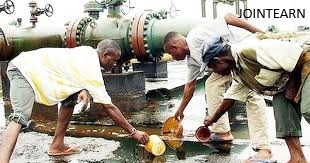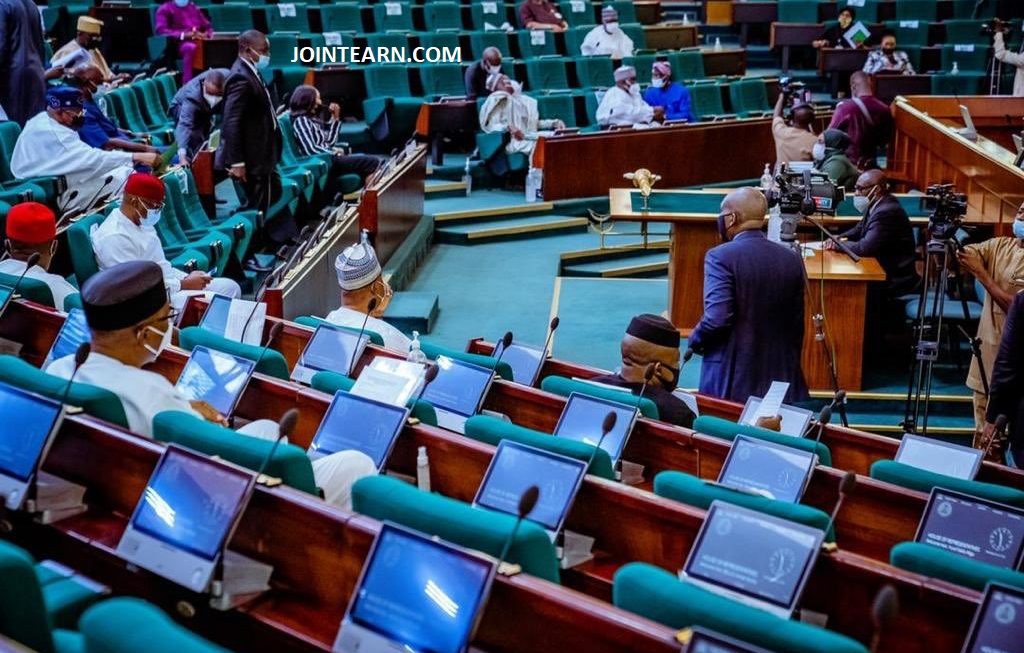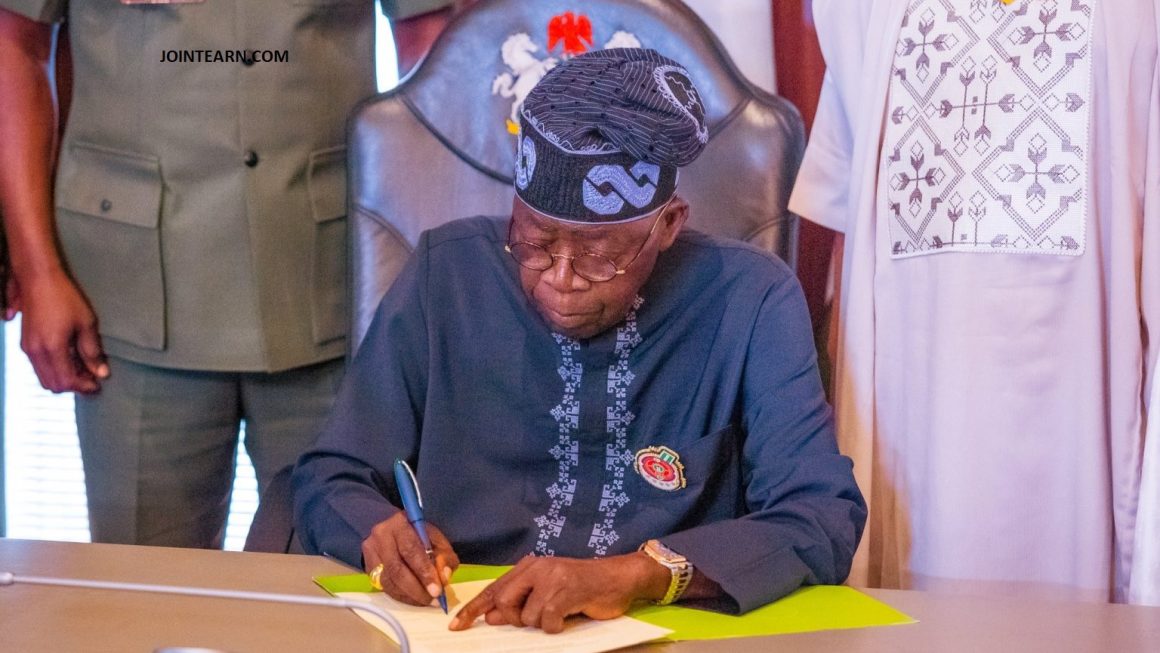Amid the growing debate over pipeline surveillance in Nigeria, a coalition of Northern youths has thrown its support behind former militant leader Government Ekpemupolo, popularly known as Tompolo, despite allegations of human rights abuses linked to his security operations. Their backing underscores the complex dynamics surrounding private security involvement in safeguarding national assets.
Backing for Tompolo’s Security Operations
Tompolo, a prominent ex-militant from the Niger Delta, was awarded a multi-billion-naira pipeline surveillance contract by the Federal Government to protect oil facilities in the region. His company, Tantita Security Services, has been credited with reducing crude oil theft, a long-standing issue that has drained Nigeria’s economy.
The Northern Youths Advocacy for Peace and Development (NYAPD), a prominent youth organization from the North, has publicly endorsed Tompolo’s role in securing the nation’s oil infrastructure. According to the group’s president, Mallam Musa Ibrahim, Tompolo’s leadership has brought significant improvements in tackling oil theft, a problem that has cost Nigeria billions in lost revenue.
“We appreciate Tompolo’s efforts in curbing oil theft and stabilizing the petroleum industry. His surveillance work has made a tangible impact on protecting Nigeria’s resources,” Ibrahim stated.
The NYAPD emphasized that instead of criticism, the government and other stakeholders should work with Tompolo to further enhance security efforts and ensure the sustainability of Nigeria’s oil sector.
Allegations of Human Rights Violations
Despite the widespread support from Northern youths, reports of human rights abuses have surfaced against Tantita Security Services. Community members in the Niger Delta have accused the security outfit of using excessive force while dealing with suspected oil thieves, with allegations ranging from unlawful detentions to cases of intimidation and extrajudicial actions.
Human rights organizations have called for an independent investigation into these claims, warning of the dangers of allowing private security outfits to operate without proper oversight. Amnesty International Nigeria and other advocacy groups have stressed the need for ethical enforcement practices that respect human rights.
A Niger Delta rights activist, Comrade Kingsley Ebi, stated, “While oil theft must be stopped, it should not be at the expense of fundamental human rights. A structured approach is needed to ensure that surveillance activities do not violate legal standards.”
Federal Government’s Perspective
The Federal Government has largely defended its decision to work with Tompolo’s security outfit, citing its effectiveness in reducing illegal oil bunkering and securing Nigeria’s vital energy infrastructure. Government officials have acknowledged the importance of oversight but argue that local actors like Tompolo have a strategic advantage in tackling oil-related crimes.
Minister of State for Petroleum Resources, Senator Heineken Lokpobiri, recently reiterated the government’s commitment to eliminating oil theft through various means, including private security collaborations. “The results we have seen from Tompolo’s involvement speak for themselves. We remain committed to securing our energy resources,” Lokpobiri stated.
The Nigerian National Petroleum Company Limited (NNPC) has also reported notable improvements in oil production since the deployment of enhanced pipeline surveillance strategies. Industry analysts attribute this success to increased cooperation between security firms and government agencies, leading to a significant reduction in pipeline vandalism and crude oil losses.
Calls for Policy Reform and Accountability
Given the ongoing controversy, experts and civil society organizations have called for structured reforms in the engagement of private security outfits. They propose the following measures:
- Establishment of Independent Monitoring Agencies: A regulatory framework should be set up to oversee private security operations and ensure accountability.
- Community Engagement: Local communities should be actively involved in security efforts to promote transparency and reduce tensions.
- Legal and Policy Reforms: Existing laws governing pipeline security should be updated to include safeguards against potential rights violations.
- Stakeholder Collaboration: Regular dialogue between security firms, government agencies, and civil society groups should be fostered to maintain checks and balances.
Conclusion
As Northern youths continue to voice their support for Tompolo’s role in protecting Nigeria’s oil infrastructure, concerns over human rights abuses remain a pressing issue. While the security outfit’s contributions to reducing oil theft are evident, there is an urgent need for oversight mechanisms to ensure that human rights are upheld.
The Federal Government must find a balance between security enforcement and the protection of citizens’ rights by implementing policies that regulate private security firms effectively. As discussions evolve, sustainable solutions must be pursued to safeguard national resources while upholding legal and ethical standards.











